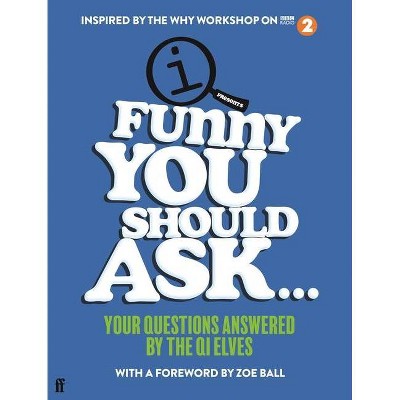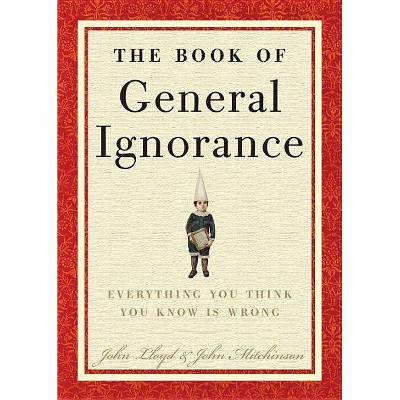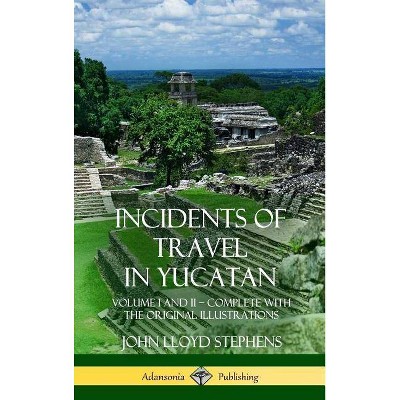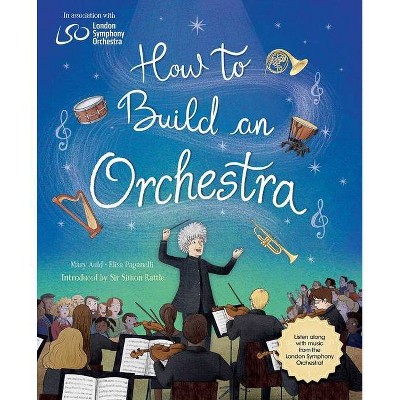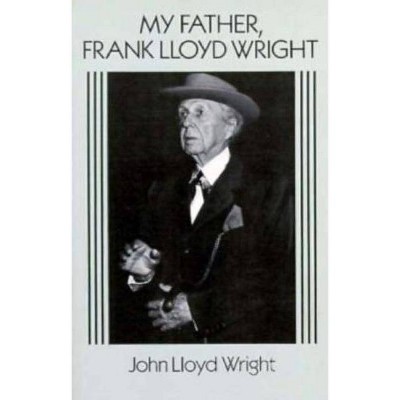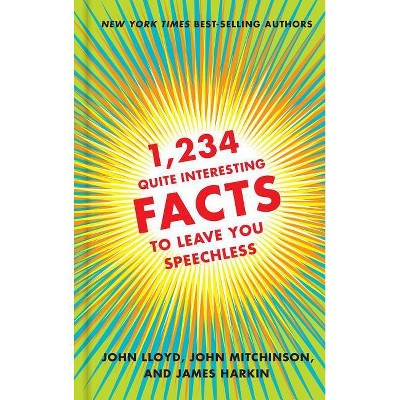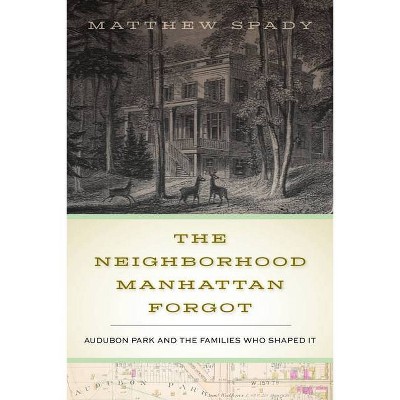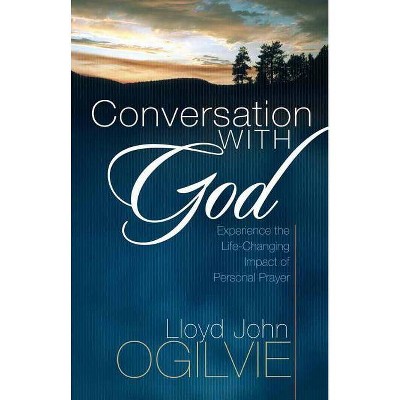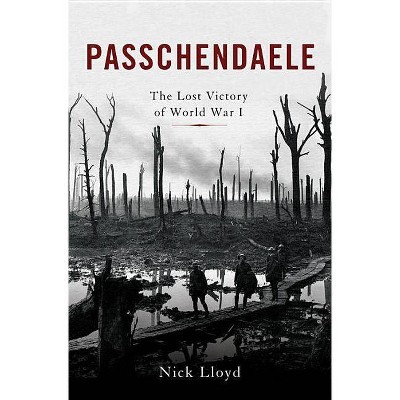Should Auld Acquaintance Be Forgot - by John Lloyd (Hardcover)
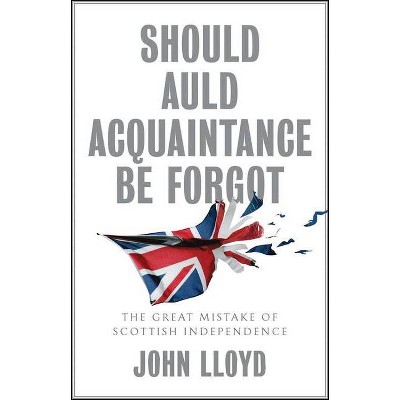
Similar Products
Products of same category from the store
AllProduct info
<p/><br></br><p><b> About the Book </b></p></br></br>"An incisive critique of the quest for Scottish independence"--<p/><br></br><p><b> Book Synopsis </b></p></br></br><p><b>The Scottish nationalists seek to end the United Kingdom after 300 years of a successful union. Their drive for an independent Scotland is now nearer to success than it has ever been.</b></p> <p>Success would mean a diminished Britain and a perilously insecure Scotland. The nationalists have represented the three centuries of union with England as a malign and damaging association for Scotland. The European Union is held out as an alternative and a safeguard for Scotland's future. But the siren call of secession would lure Scotland into a state of radical instability, disrupting ties of work, commerce and kinship and impoverishing the economy. All this with no guarantee of growth in an EU now struggling with a downturn in most of its states and the increasing disaffection of many of its members.</p> <p>In this incisive and controversial book, journalist John Lloyd cuts through the rhetoric to show that the economic plans of the Scottish National Party are deeply unrealistic; the loss of a subsidy of as much as £10 billion a year from the Treasury would mean large-scale cuts, much deeper than those effected by Westminster; the broadly equal provision of health, social services, education and pensions across the UK would cease, leaving Scotland with the need to recreate many of these systems on its own; and the claim that Scotland would join the most successful of the world's small states - as Denmark, New Zealand and Norway - is no more than an aspiration with little prospect of success.</p> <p>The alternative to independence is clear: a strong devolution settlement and a joint reform of the British union to modernise the UK's age-old structures, reduce the centralisation of power and boost the ability of all Britain's nations and regions to support and unleash their creative and productive potential. Scotland has remained a nation in union with three other nations - England, Northern Ireland and Wales. It will continue as one, more securely in a familiar companionship.</p><p/><br></br><p><b> Review Quotes </b></p></br></br><br>Essential reading.<br /><i><b>Financial Times<br /></b></i> <p>Forceful<br /><i><b>Morning Star</b></i></p> "John Lloyd has written a personal and moving but also historically informed plea to preserve the Union between England and Scotland. His argument is not just the familiar one that the Scottish National Party understates the economic risks of independence. He also shows how little sense separation makes in the present state of Europe and the world. Best of all, his is not merely a defence of the status quo, but a call to regenerate the Union."<br /> <b>Niall Ferguson, Milbank Family Senior Fellow, the Hoover Institution, Stanford<br /><br /></b>"John Lloyd is a shrewd, eloquent and reliable purveyor of home truths. His new book on the Scottish Question, which calls out lazy sentimentality and wishful thinking, will cause controversy as well as consternation in many quarters."<br /> <b>Colin Kidd, University of St Andrews</b><br /> <br /> "Scotland like the rest of the UK remains deeply divided following referendums on our future. The questions raised in both 2014 and 2016 remain the same. And if breaking a relationship of 40 years has proved so intractable, how much harder would be the fracture of a relationship that's lasted more than 300 years? In a forensic examination of the arguments of both heart and head, John Lloyd makes a powerful case for building on the strengths we have rather than plunging into years of uncertainty and of lost opportunity for generations to come."<br /> <b>Alistair Darling, Former Chancellor of the Exchequer</b> <br /><br />"Clearly written and well researched, Lloyd's book should decisively change the debate about Scottish independence."<br /> <b><i>Prospect</i></b> <p>I have long thought of the case for Scottish independence as a solution in search of a problem... John Lloyd's excellent new book has crystallised my suspicion into a conviction.<br /> <b>Nigel Biggar, The Critic</b></p> <p>A devastating argument against Scottish independence<br /> <b><i>New Statesman</i></b></p> <p>trenchant<br /><b><i>Times Literary Supplement</i><br /><br /></b><b></b>A timely, forceful rehearsal of the painful consequences that might follow independence for Scotland, and of the virtues of union with England.<br /><b><i>The Economist</i></b> <b>- Book of the Year</b></p><br><p/><br></br><p><b> About the Author </b></p></br></br><b>John Lloyd</b> is a Contributing Editor for the Financial Times, where he has been Labour Editor, East Europe Editor and Moscow Bureau Chief. His books include <i>Loss without Limit: the British Miners' Strike</i> (with Martin Adeney), <i>Rebirth of a Nation: An Anatomy of Russia</i>, <i>What the Media are doing to our Politics</i>, and <i>The Power and the Story: The Global Battle for News</i>.
Price History
Price Archive shows prices from various stores, lets you see history and find the cheapest. There is no actual sale on the website. For all support, inquiry and suggestion messagescommunication@pricearchive.us
